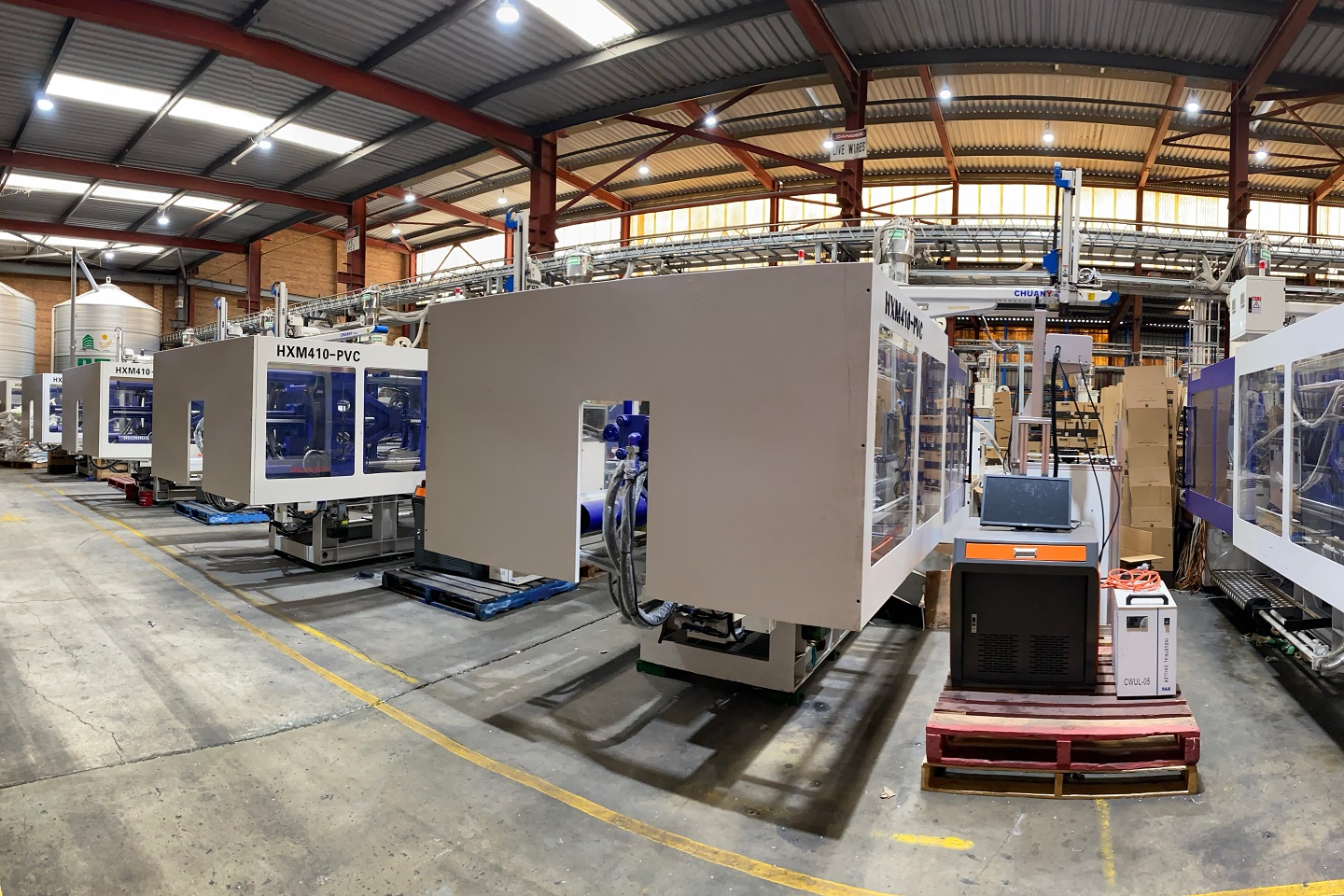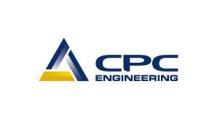Business News spoke to three businesses about their decision to manufacture in Perth and the benefits it has brought to their operations.


Business News spoke to three businesses about their decision to manufacture in Perth and the benefits it has brought to their operations.
Holman Industries’ decision to bring its manufacturing back to Western Australia has proved so successful the business recently opened another factory, in Queensland.
In the 2000s, a time when Australia was suffering from a drought and Holman Industries’ domestic watering products business was slow, managing director Wally Edwards made the tough choice to begin manufacturing offshore.
But the decision never sat right with him.
“We were importing it all and I thought, ‘Well that’s not the perfect business model from my perspective, to be just an importer’,” Mr Edwards told Business News.
“I wanted to be a manufacturer as well so we could have better supply lines and be making some of it here in Australia.”
In 2018, Mr Edwards saw an opportunity to purchase machinery from Ausplastics, a New Zealand manufacturing business that was winding down its operations in Osborne Park.
Holman Industries occupied Ausplastics’ old warehouse for 12 months while building its own facility next door.
Mr Edwards said the business reduced the amount of physical labour it used and invested in new machinery and tooling.
“The whole key for us to make it work in Australia is efficiency,” he said.
“You have to have good machines, good tooling, as much automation as you can get into the factory and consistency of output, so you need customer volume to be able to run a factory efficiently.”
Holman Industries has supplied Bunnings with a large range of PVC fittings since 2012, a partnership Mr Edwards said was a big part of his business’s success.
“To be efficient you need to have a good, reliable market that isn’t going to come and go week by week, which some markets do; they will be good one year and bad the next,” he said.
It recently opened a factory in Brisbane to supply the east coast.
Mr Edwards said being able to manufacture in Australia had provided the business with a competitive advantage during COVID-19.
“Not only are the freight rates very high, but they are also quite unreliable,” he said.
“Getting product on ships is a very difficult job, so having factories here was fortunate.
“It’s allowed us to increase our market share quite a lot.”
It also means the business has more freedom to do things like incorporate recycled materials into its products.
Mr Edwards said one of the challenges of manufacturing locally were the high electricity costs.

Holman Industries uses automation in its warehouse.
Funky Monkey Bars decided that, to ensure the growth of its business included safety and quality assurances, it needed to manufacture closer to home.
The company produces flatpack, free-standing play equipment, which can be assembled in backyards and playgrounds without the need to dig holes or use cement.
Funky Monkey Bars initially manufactured its product in Vietnam.
But director Colin Burdle said while quality was good at the beginning, standards soon began to slip.
“We realised we couldn’t grow this business substantially by being reliant on getting product from overseas,” Mr Burdle told Business News.
The realisation led the company to bring manufacturing in-house in 2014.
Mr Burdle’s business partner and Funky Monkey Bars founder, Shane Roberts, said the decision allowed them to control quality, as well as protect against increasing freight costs and a fluctuating Australian dollar.
“At the end of the day, we are making a product that’s for kids, and it was really important to both Colin and me, who have children, that we wanted to make a product that had a lot of quality,” he said.
“We knew that by manufacturing, we touched the product through the whole process, and we were happy to put our name to the brand.
“We know for certain that when the customer gets it, it’s gone through a lot of checks and balances and quality control to ensure it is safe for the children.”
The company now has six staff working in its warehouse in Yangebup, south of Perth.
To ensure the facility was cost effective and efficient, Mr Burdle said the business implemented high-quality tools and machinery, cutting machines and packaging lines.
Mr Roberts said the move meant Funky Monkey Bars could say its products were Australian made, providing it with a marketing edge.
“I think Australian consumers are really starting to appreciate that and respect that and are wanting to support people who are giving it a go and make product here and use local people, local suppliers, to make it happen,” he said.
“I think the benefit is it’s a good selling point for our brand.”
Mr Roberts said the business had been growing at between 30 and 40 per cent year-on-year, with a strong increase in sales last year due to the pandemic.

Colin Burdle (left) and Shane Roberts are directors of Funky Monkey Bars.
Austin Engineering chief executive David Singleton is a firm advocate for local manufacturing.
Strongly disagreeing with the view that manufacturing in Australia is cost prohibitive, Mr Singleton said while our mining services industry was strong, the manufacturing sector was weaker, which people thought was because we had a high-wage economy.
“The reality is, the world’s largest manufacturing nations are Germany and Northern Europe and parts of the US, and they also have high-wage economies; so actually, it’s an error to think that the high-wage economy of Australia is an impediment to a good manufacturing base,” Mr Singleton told Business News.
Austin Engineering manufactures truck bodies at several locations around the world, including Kewdale in Perth.
Mr Singleton said Austin’s truck bodies were made in Western Australia because they were very large pieces of equipment of relatively low value and were difficult to move.
“If we tried to move them around the world, the transport costs are far too expensive for the value of the product,” he said.
“So, we build them in the major mining locations around the world, specifically in South America, North America, Indonesia and of course, in Australia.”
Austin recently announced it was investing $6.5 million in its Kewdale and Indonesian factories and introducing advanced manufacturing methods.
Mr Singleton said these methods included ‘flow’ manufacturing techniques like those used in the car industry, robots to remove repetitive tasks, and fixtures to reduce manual handling.
The changes were expected to reduce labour input by between 25 and 40 per cent, he said, but this wouldn’t result in Austin laying-off staff.
“I’d be surprised if within a year of implementing this, our floor employment rates aren’t higher than they are today,” Mr Singleton said.
One of the benefits of manufacturing in Perth was that Austin was able to easily communicate with its clients and customise products to fit their needs, he said.
“I think the biggest single benefit of being in Perth is [that] Perth is fast turning into the leading mining location in the world,” Mr Singleton said.
“If you are a mining product supplier, why wouldn’t you want to be the leading mining location in the world?
“It is inestimable the amount of value you get out of the closeness of contact that you have with the customers and the engineers and the mines and the mine managers that come out of that location.”

Austin Engineering makes truck bodies in Kewdale.
Read the Promoting Perth e-edition here.















